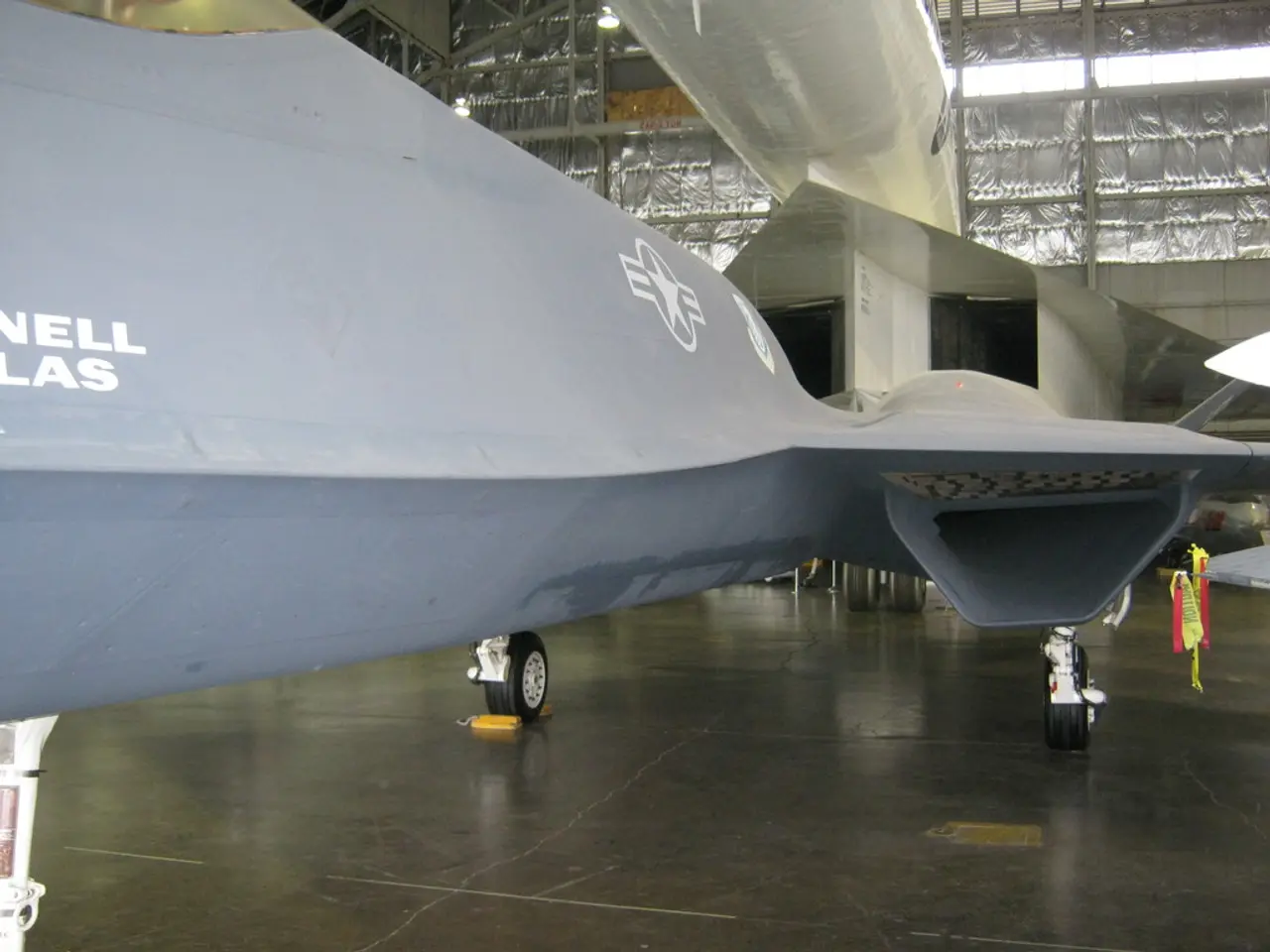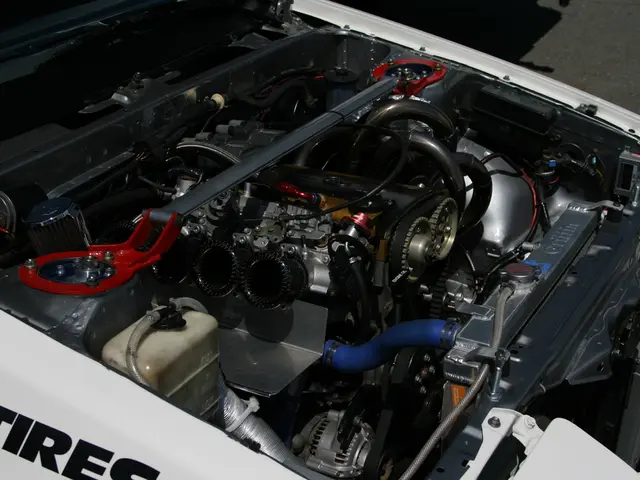Quantum computing's potential role in reducing aviation's carbon emissions explored.
The aviation industry is set to experience a revolution as quantum computing comes to the forefront, optimizing complex processes that have long been a challenge for classical computers. This technological advancement promises to bring about breakthroughs in design, simulation, and operational efficiency, paving the way for more sustainable, efficient, and innovative aviation technologies.
One of the key areas where quantum computing is making a significant impact is aircraft design optimization. By enabling faster and more accurate simulations of aerospace materials, quantum computing helps discover stronger, lighter, and more durable materials, thereby improving aircraft efficiency and reducing fuel consumption. Boeing, for instance, is utilizing quantum computing to accelerate aerospace material design, cutting down development time and costs.
Another area where quantum computing shines is cargo loading optimization. Quantum algorithms excel at solving complex optimization problems involving logistics and resource management. By evaluating numerous loading configurations simultaneously, quantum computing can optimize cargo placement to maximize space utilization while maintaining aircraft balance and safety.
Quantum computing also enhances the simulation fidelity for electrochemical processes fundamental to fuel cells, a promising technology for sustainable aviation. Airbus collaborates with quantum computing firms to simulate hydrogen fuel cell systems more accurately, which supports the development of hydrogen-powered aircraft like the ZEROe demonstrator.
Moreover, quantum computers are being developed to accelerate computational fluid dynamics (CFD) simulations, a core tool in aerodynamics modeling. Startups such as BQP leverage quantum-accelerated digital twins to achieve significant performance gains in CFD and machine learning-based simulations, paving the way for next-generation aerospace design and testing.
Airbus, aiming to create sustainable aerospace for a safer and united world, sees quantum computers as a potential solution for two key areas: aircraft design and airline operations. The company is collaborating with the automotive sector to advance fuel cell development for aeronautic applications and is supporting various quantum explorations to leverage the power of quantum computing for its operations.
The Quantum Mobility Quest, a collaboration between Airbus and the BMW Group, launched in 2023, is aimed at accelerating and maturing quantum solutions for the industry. In 2022, Airbus performed a use case demonstrator using IonQ's quantum computer for efficient cargo loading. Airbus researchers, alongside colleagues at BMW Group, have demonstrated for the first time that quantum computing can perform atomic-level reaction modeling.
Quantum computing is also expected to play a key role in various sectors, including secure communications, banking, aerospace, and more. The technology has the potential to perform CFD calculations at an exponentially higher scale, breaking the design bottleneck for future aircraft. However, it is important to note that quantum computing is still in the development phase and faces challenges in creating lightweight, powerful cells suitable for aircraft.
The challenge of organizing just 20 containers each stuffed with 30 packages in the hold produces a 'solution space' that exceeds the total number of particles in the universe, a puzzle that no existing computer or analytic solution can solve accurately. Quantum algorithms could optimize an aircraft's trajectory in real time, taking air traffic restrictions and weather patterns into account.
In conclusion, quantum computing allows aerospace companies to process vast datasets and complex models faster, enabling breakthroughs in design, simulation, and operational efficiency that were previously impractical or too time-consuming with classical computing. These advances support more sustainable, efficient, and innovative aviation technologies, including new materials, optimized logistics, renewable fuel systems, and enhanced fluid dynamics modeling. The Quantum Mobility Quest, part of a European consortium, EQUALITY, dedicated to developing quantum algorithms to solve industry problems, is a testament to the industry's commitment to harnessing the power of quantum computing for a brighter, more sustainable future.








